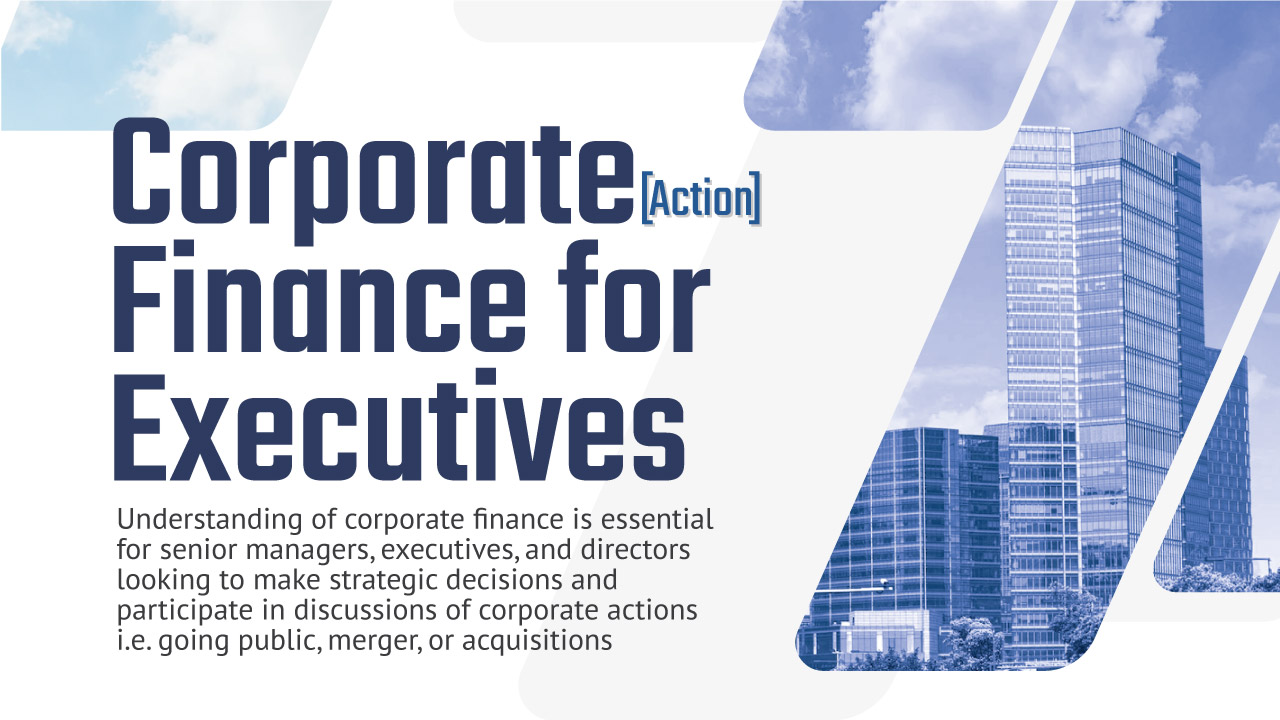- About Us
- Our Program
- Track Record
- Subject Matter Expert
- PublicationPublicationVideo List1/6 videos
 Persiapkan diri Anda untuk Corporate Finance Qualification #shorts
Persiapkan diri Anda untuk Corporate Finance Qualification #shorts Memahami Capital Structure: Pengertian Debt to Capital dan Debt to Equity | Fidelitas Tips & Tricks
Memahami Capital Structure: Pengertian Debt to Capital dan Debt to Equity | Fidelitas Tips & Tricks Teknik Analisa Laporan Keuangan | Fidelitas Tips & Tricks
Teknik Analisa Laporan Keuangan | Fidelitas Tips & Tricks Fungsi Financial Modelling untuk Perusahaan | Fidelitas Tips & Tricks
Fungsi Financial Modelling untuk Perusahaan | Fidelitas Tips & Tricks Corporate Finance: The Definition and Duties | Fidelitas Tips & Tricks
Corporate Finance: The Definition and Duties | Fidelitas Tips & Tricks Fidelitas Institute Presents: Launching Integrity Matters & Corporate Finance Qualification (CFQ)
Fidelitas Institute Presents: Launching Integrity Matters & Corporate Finance Qualification (CFQ) - BlogFidelitas AdvisorsFidelitas AdvisorsFidelitas InstituteFidelitas AdvisorsFidelitas Advisors
Menu






















